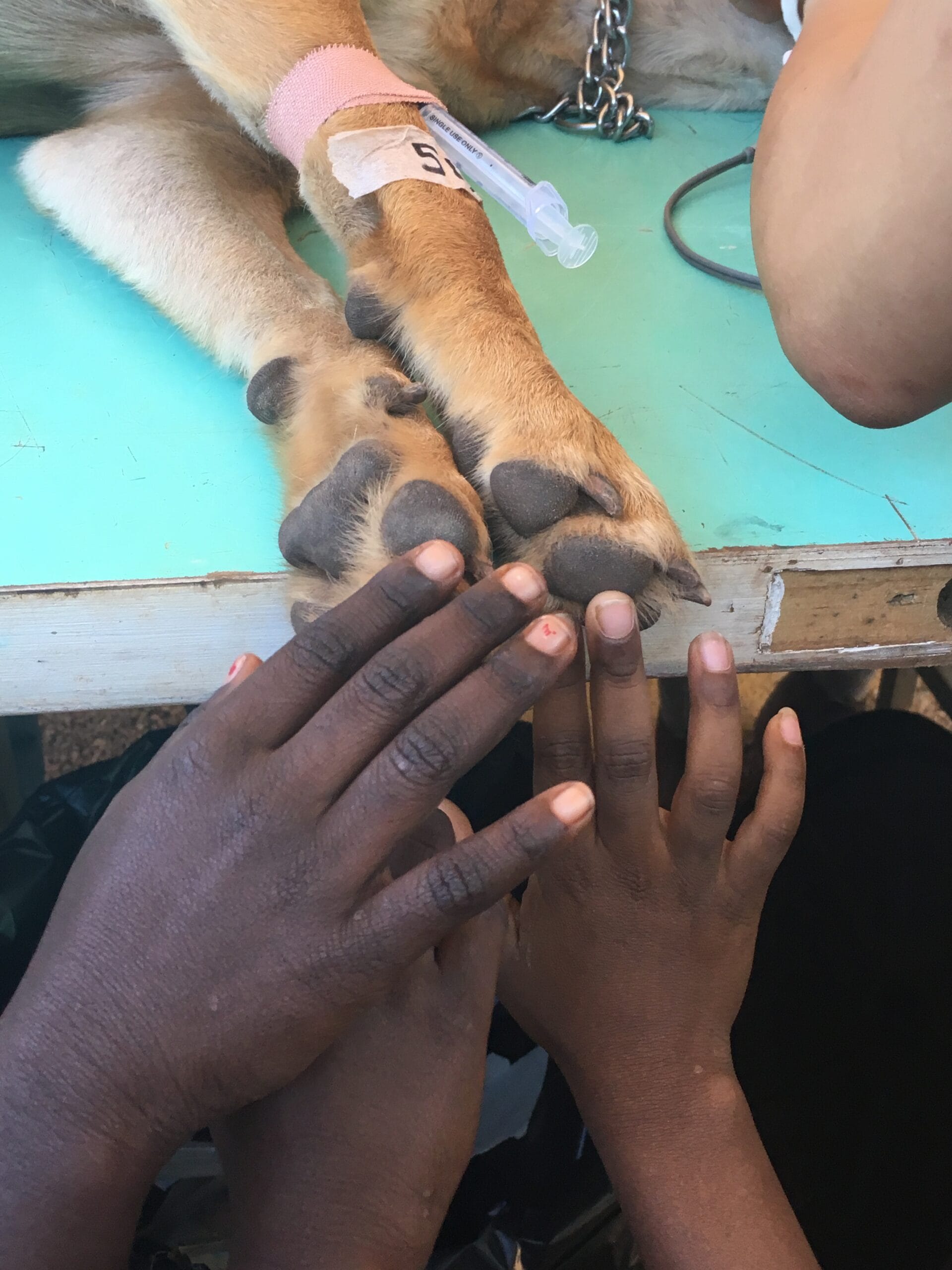Our pets bring us much love and joy. Between pet owners and their pets, there exists special human-animal bond that often cannot be adequately described in words. If we zoom out to a national scale, there are big challenges for us as a pet-loving nation. The latest estimate of Australia’s pet population is 28.7 million pets, mostly dogs and cats, across 6.9 million households (Animal Medicines Australia). This includes a rapid increase in pet ownership during COVID-19 lockdowns.

surgery, owners
For a range of complex reasons, we are in a situation where there are more significantly more pets than pet owners. The unfortunate reality is that Australia has an ongoing pet overpopulation issue, and there are thousands of unwanted pets in shelters and pounds. Sadly, in recent times, we’ve been seeing a growing number of stories about record pet surrenders and overflowing animal shelters associated with cost-of-living pressures as well as the national shortage of veterinarians.
In Australia’s rural and remote Indigenous communities, one of many services that is frequently absent is a local veterinarian. This can quickly lead to pet overpopulation, and associated problems for animals, people and the environment. This is the gap that the AMRRIC team and volunteers work hard to fill. Surgical desexing of pets is the foundation of the work we do. Desexing has multiple benefits for both individual animals and for community residents: no risk of unwanted litters, reduced risk of some cancers, reduced aggressive and nuisance behaviours.
AMRRIC is proud to work in collaboration with local stakeholders in companion animal management to help curb pet overpopulation in many remote Indigenous communities. It is a complex issue which requires dedicated resources, enhanced collaboration between stakeholders and accompanying appropriate education programs. In addition, much more needs to be done to address the national shortage of veterinarians, who are critical for looking after our pets, livestock and native wildlife.
Pet overpopulation is not unique to remote areas. It is an ongoing, pressing challenge in our cities, towns and regional areas too. Pet owners, veterinarians, local governments and other organisations with an interest in helping curb pet overpopulation are encouraged to check out and get involved in various desexing programs and initiatives across Australia.
Learn more about AMRRIC’s work here: Vet Services – AMRRIC